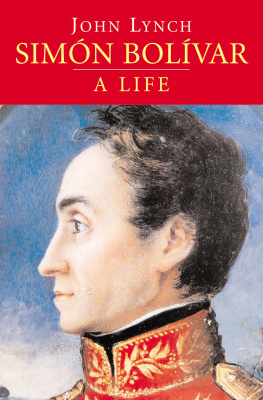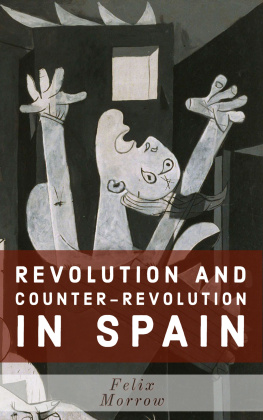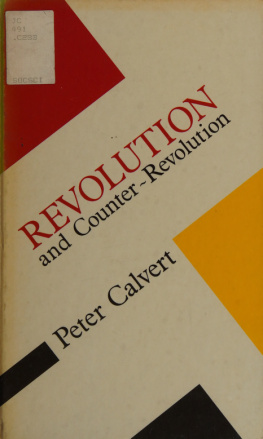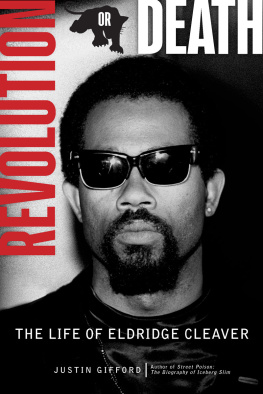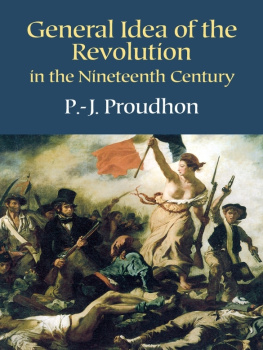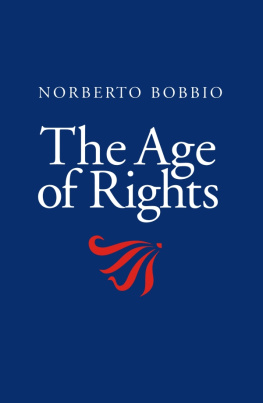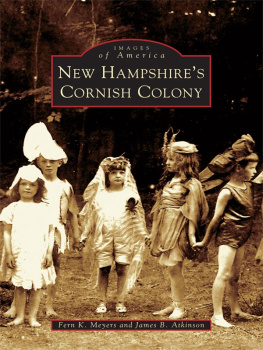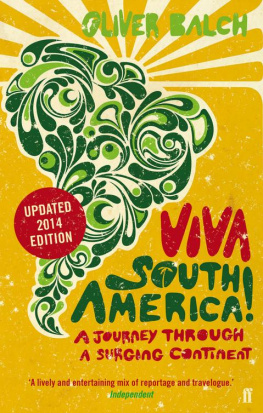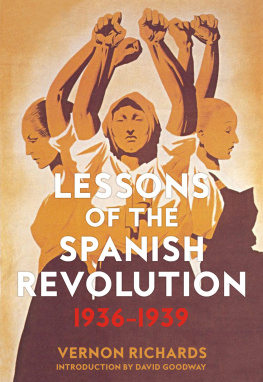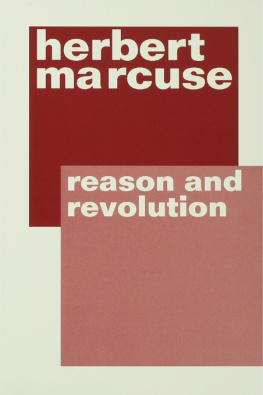Bolv̕ar Simn̤ - Simn̤ Bolv̕ar: a life
Here you can read online Bolv̕ar Simn̤ - Simn̤ Bolv̕ar: a life full text of the book (entire story) in english for free. Download pdf and epub, get meaning, cover and reviews about this ebook. City: New Haven;South America, year: 2006, publisher: Yale University Press (Ignition), genre: Politics. Description of the work, (preface) as well as reviews are available. Best literature library LitArk.com created for fans of good reading and offers a wide selection of genres:
Romance novel
Science fiction
Adventure
Detective
Science
History
Home and family
Prose
Art
Politics
Computer
Non-fiction
Religion
Business
Children
Humor
Choose a favorite category and find really read worthwhile books. Enjoy immersion in the world of imagination, feel the emotions of the characters or learn something new for yourself, make an fascinating discovery.
- Book:Simn̤ Bolv̕ar: a life
- Author:
- Publisher:Yale University Press (Ignition)
- Genre:
- Year:2006
- City:New Haven;South America
- Rating:4 / 5
- Favourites:Add to favourites
- Your mark:
- 80
- 1
- 2
- 3
- 4
- 5
Simn̤ Bolv̕ar: a life: summary, description and annotation
We offer to read an annotation, description, summary or preface (depends on what the author of the book "Simn̤ Bolv̕ar: a life" wrote himself). If you haven't found the necessary information about the book — write in the comments, we will try to find it.
Simn̤ Bolv̕ar: a life — read online for free the complete book (whole text) full work
Below is the text of the book, divided by pages. System saving the place of the last page read, allows you to conveniently read the book "Simn̤ Bolv̕ar: a life" online for free, without having to search again every time where you left off. Put a bookmark, and you can go to the page where you finished reading at any time.
Font size:
Interval:
Bookmark:
New Haven and London
Copyright 2006 by Yale University
First published in hardback 2006
First paperback edition 2007
All rights reserved. This book may not be reproduced in whole or in part, in any form (beyond that copying permitted by Sections 107 and 108 of the U.S. Copyright Law and except by reviewers for the public press) without written permission from the publishers.
For information about this and other Yale University Press publications, please contact:
U.S. Office:
Europe Office:
Set in Minion by J&L Composition, Filey, North Yorkshire
Printed in the USA
Library of Congress Cataloging-in-Publication Data
Lynch, John, 1927
Simn Bolvar: a life/John Lynch.
p.cm.
Includes bibliographical references and index.
ISBN 0-300-11062-6 (cl.: alk. paper)
1. Bolvar, Simn, 17831830. 2. South AmericaHistoryWars of Independence, 18061830. 3. Heads of stateSouth AmericaBiography, I. Title.
F2235.3.L97 2006
980.02092dc22
2005034838
A catalogue record for this book is available from the British Library.
ISBN 978-0-300-12604-4 (pbk)
10 9 8 7 6 5 4 3 2 1
Simn Bolvar lived a short life but one of extraordinary fullness. He was a revolutionary who freed six countries, an intellectual who argued the principles of national liberation, a general who fought a cruel colonial war. He inspired extremes of devotion and detestation. Many Spanish Americans wanted him to be their dictator, their king; but some denounced him as a traitor and others tried to assassinate him. His memory became an inspiration to later generations and also a battleground. To liberal historians he was a fighter against tyranny. Conservatives redesigned him as a cult. Marxists dismissed him as the leader of a bourgeois revolution. And he still evokes public passions and polemics. He has been appropriated by partisans and coopted by governments: his current incarnation in Venezuela as the model of authoritarian populism projects yet another interpretation of his leadership and challenges the historian to set the record straight.
Bolvar was an exceptionally complex man, a liberator who scorned liberalism, a soldier who disparaged militarism, a republican who admired monarchy. To study Bolvar is to study a rare and original character, whose mind and will were no less factors in historical change than were the social forces of the time. He knew his own value and protected his reputation, speaking his mind in a flood of words that overwhelm the reader by their eloquence and conviction. Yet he was careless of his archives, gems of originality, which were preserved through the devotion of his followers rather than his own concern. The present book is a history of his life and times based on the Bolivarian documentation and modern research. The commentaries are hardly less prolific than the sources, though it is the sources that enlighten and the commentaries that often obscure.
Why write a new life of Bolvar? There are those who question the importance of biography and reject the cult of the hero. For them the meaning of liberation is to be found in the study of economic structures, social classes and the international conjuncture, not in military actions and the lives of liberators. In this view Carlyles claim that the history of the world is the biography of great men is misguided and his assertion that society is founded on heroworship a curious exaggeration. Yet the independence of Spanish America is incomprehensible without the presence of the liberators and its subsequent history would be empty without the intervention of personal authority. In the action of Bolvar we observe the dynamics of leadership, the power to command and the modes of ruling in the diverse society of Spanish America, not the whole history of the age but a great part of it.
Many words, though not the last word, have been said about Bolvar. In English Salvador de Madariagas interpretation, extensively researched but basically out of sympathy with its subject, was soon overtaken by Gerhard Masurs more balanced work, which held the field as the leading academic study in English for half a century before it began to show its age. Recently the subject has benefited from further research and new contributions by scholars in the United States, models of accuracy and judgement. In Venezuela Bolivarian writings are part of the national culture and, thanks to the work of generations of historians in the Bolivarian countries, we now have access to an incomparable collection of published documentation, extensive secondary works and numerous specialist studies. For greater understanding of Bolvar, historians everywhere and none more than the present writer have long been indebted to Germn Carrera Damas, whose works have illuminated the subject for four decades. The years approaching the bicentenary of Spanish American Independence are likely to see a renewal of interest, a resurgence of congresses, lectures and seminars, and a further upsurge in Bolivarian publications. Yet the life and work of Bolvar remain full of questions and controversies, and his inner motivation and ultimate project continue to challenge the historian. The challenge is one of interpretation rather than facts, although interpretation is impossible without facts, and the facts themselves are often in dispute.
The study of Bolvar, therefore, still provides the historian with space. But there is a deeper sense in which the subject appeals. The study of the Spanish American revolutions of 180826 has advanced significantly in recent decades. Historians have adjusted the chronology of Independence to wider dimensions and see the years between 1750 and 1850 as a time of transition when colonial structures were slowly overtaken by nation states. Social change has been more closely investigated and, inevitably, race, class and gender are now required categories for anyone studying Independence. Elites are searched for allegiances and the popular sectors for commitment. Guerrillas are promoted to prominence and the shift from bandits to guerrillas to patriots is seen as a common sequence, adding a new look to military history. Revolution is not the whole story: the Spanish counterrevolution is investigated in greater detail, and Independence is viewed as a war lost by Spain as well as one won by Americans. The political ideas of Independence have been studied by close textual analysis of revolutionary writings, while forms of political sociability have also made their appearance. The idea of American identity has discarded conceptual inhibitions and can now be studied as the development of imagined communities or even the emergence of nationalism in early modern Spanish America. The time has come to integrate Bolvar more closely into the new research, to incorporate the Liberator into the social, economic, intellectual and political life of the society in which he lived, and analyse his policies towards creole elites, mixed races, blacks, Indians and slaves. His history does not end with his death but leaves a legacy hardly less dramatic than his life, and this too is a subject for the historian and one which brings the present work to a close.
I am grateful to Yale University Press for asking me to write this book, to its editorial team for helping to produce it, and to James Dunkerley for encouraging the project. To Germn Carrera Damas I have long been indebted for generous guidance to the thought and action of the Liberator, for practical help in pursuit of sources, and for friendship beyond the world of scholarship. I am grateful too to Carole Leal Curiel, who kindly gave me a vital work of her husband Luis Castro, a historian sadly missed by his colleagues. I am pleased to record my thanks for the help I have received from Peter Blanchard, particularly on the subject of slaves and slavery. Catherine Fuller of the Bentham Project at University College London guided me on the communications between Bolvar and Bentham, and directed me to the sources. I wish to express my debt to the Fundacin John Boulton, Caracas, and especially to its Director, Carmen Michelena, for generously making available documents from the Archivo del Libertador Simn Bolvar. I am indebted, too, to Alan Biggins of Canning House, Norman Fiering of the John Carter Brown Library, and Gabriela Carrera of Caracas for help with the illustrations. I am glad to record my appreciation of the services over the years of the Archivo General de la Nacin, Caracas, and the National Archives (Public Record Office), London. Particular thanks are due to the British Library, the Institute of Historical Research and the Library of University College London, whose holdings between them make London fruitful ground for Bolivarian research.
Font size:
Interval:
Bookmark:
Similar books «Simn̤ Bolv̕ar: a life»
Look at similar books to Simn̤ Bolv̕ar: a life. We have selected literature similar in name and meaning in the hope of providing readers with more options to find new, interesting, not yet read works.
Discussion, reviews of the book Simn̤ Bolv̕ar: a life and just readers' own opinions. Leave your comments, write what you think about the work, its meaning or the main characters. Specify what exactly you liked and what you didn't like, and why you think so.

